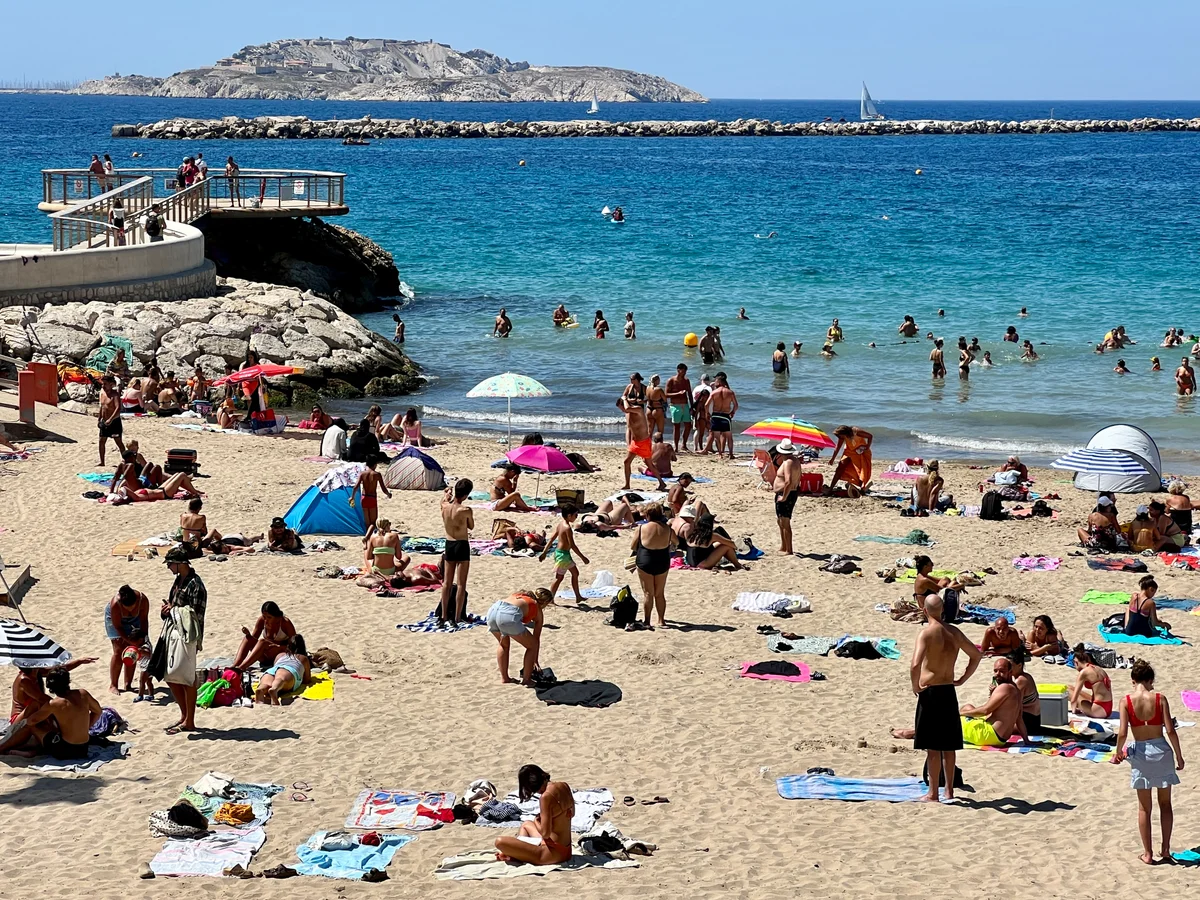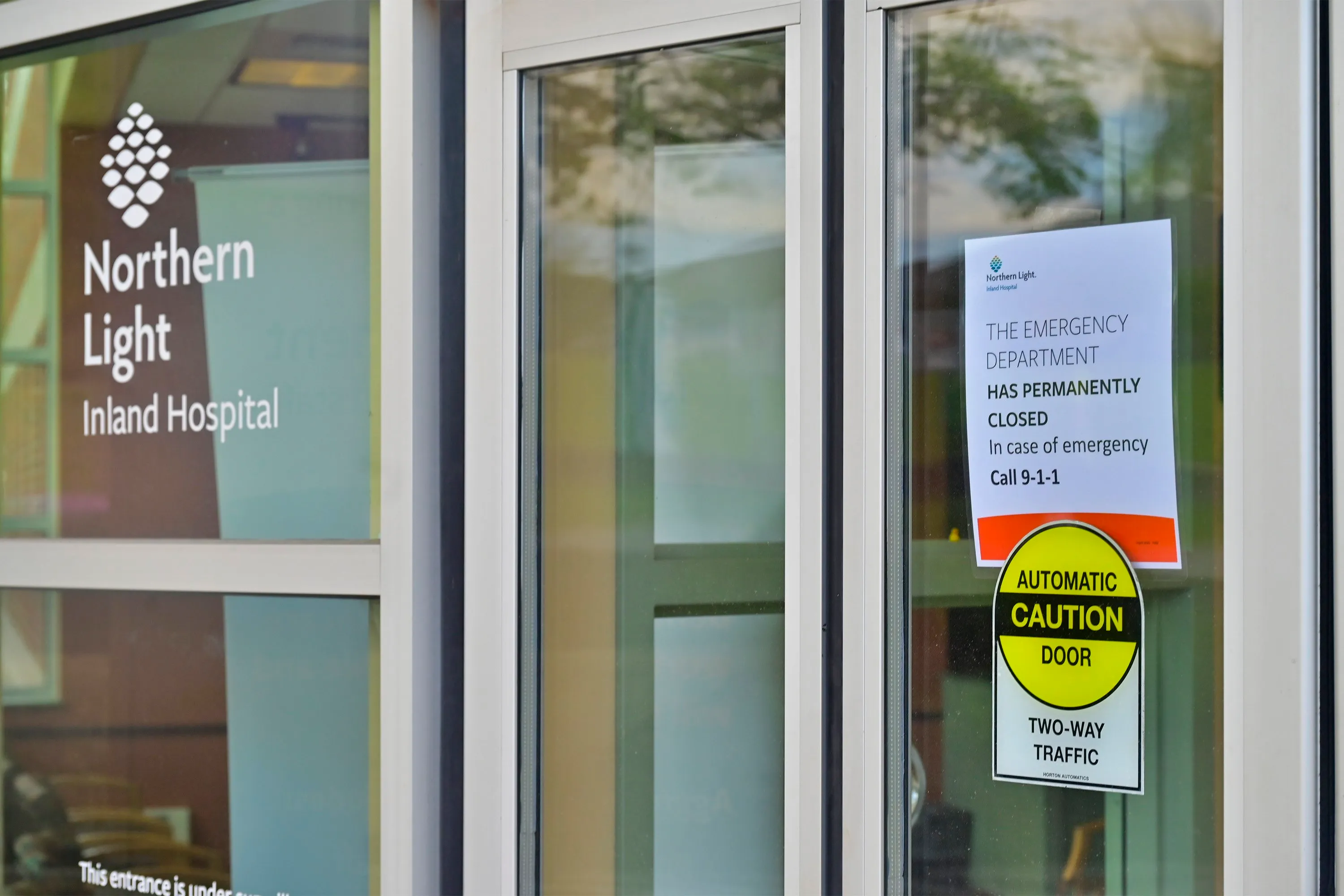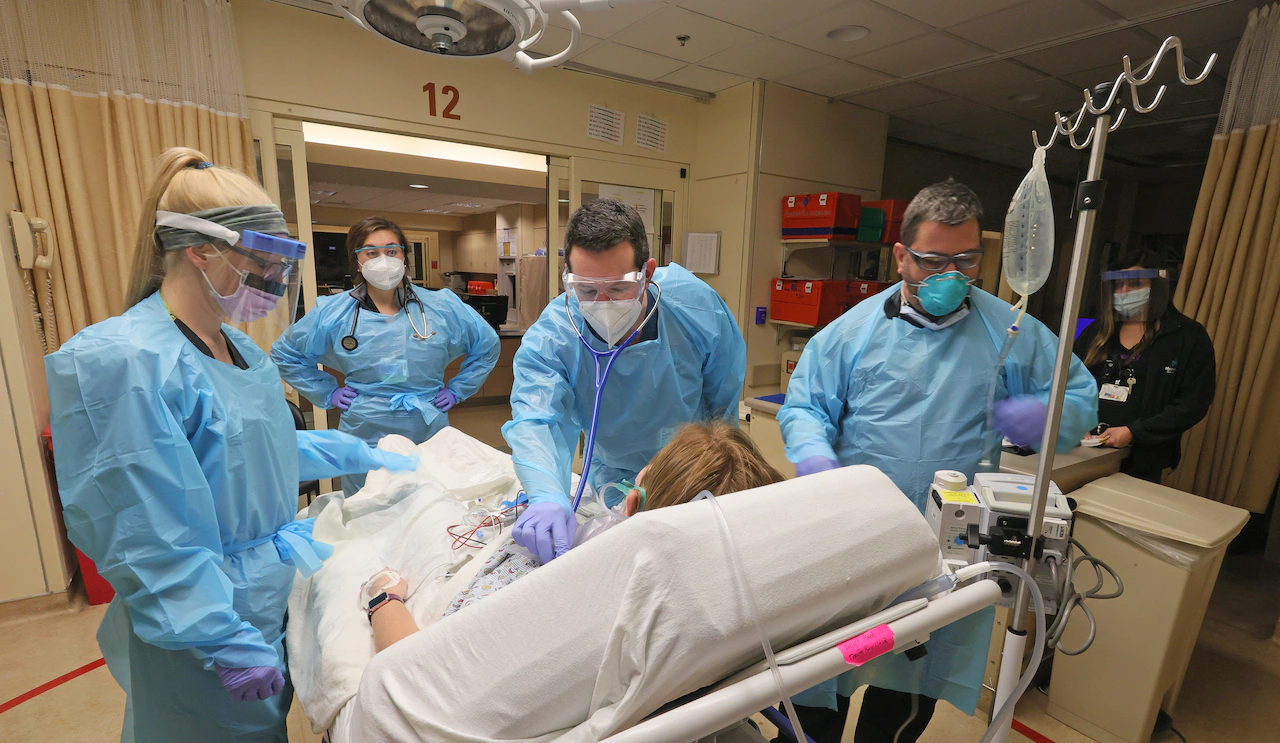What France’s crackdown on British tourists means for you: How to navigate new post-Brexit border demands
By Simon Calder
Copyright independent

When the EU entry-exit system takes effect on 12 October, the French government will challenge British travellers to comply with a set of rules that have been largely dormant for decades.
As The Independent revealed, passengers on Eurostar at London St Pancras International will be asked whether they have sufficient cash, accommodation booked, a return ticket and medical insurance.
Those who fail on one or more counts could be turned away – even if they are travelling nonstop through France to Belgium, which has less strict rules.
France is choosing to impose an extra layer of rules on the existing Schengen area requirements – which could make life difficult for some travellers, especially those who find medical insurance extremely expensive and choose to travel without it.
These are the key questions and answers.
UK visitors will be required to register fingerprints and facial biometrics when crossing Schengen area border posts from October 12. This covers most of the EU (but not Cyprus or Ireland) as well as Iceland, Norway and Switzerland.
The requirements for entering the Schengen area remain the same as they have been since Brexit, when the UK negotiated for British travellers to be “third-country nationals”. Passports must have been issued in the past 10 years on the day of entry, and have at least three months remaining on the intended day of exit.
Travellers must, on request, produce evidence that they have accommodation, sufficient financial resources and a ticket out.
In addition, though, each member state can impose its own requirements. France is the only Schengen nation that insists travellers have medical insurance, and the demand will be explicit for Eurostar passengers from 12 October.
As the second-most popular destination for British travellers (after Spain), what France demands is critical for many UK passport holders.
The French government says: “You must have an insurance certificate covering all medical and hospital expenses for which you may be liable for the duration of your stay in France, as well as medical repatriation costs and expenses in the event of death.”
The certificate must be in English or French.
No. The UK Global Health Insurance Card (Ghic) replaces the old European Health Insurance Card (Ehic), and has much the same effect. It entitles British citizens to treatment at public hospitals under the same conditions as local people, which typically means free or at nominal cost. But crucially it does not cover “medical repatriation costs and expenses in the event of death”.
“Proof of accommodation covering the whole duration of the stay.” This is expected to be a hotel reservation or a certificate showing residence with a relative – but the latter must crucially be validated in the local Mairie, or city hall.
“Sufficient financial means.” The definition of “sufficient” is half of the daily guaranteed minimum wage (Smic). That amounts to €41.58 (£36.30). The figure doubles if you do not have proof of accommodation – but, as above, you must have somewhere to stay.
“Your return ticket or the financial means to acquire one at the envisaged return date.” This demand is actually weaker than the standard Schengen area demand for “a return or round-trip ticket”. The Eurostar kiosks ask if you have a return ticket – and so you should have one.
It seems inevitable that some travellers using Eurostar will answer “Yes” knowing the correct response is “No”. Many will get away with it. But passengers are warned: “Your answers are binding, you may be asked to provide proof.”
The Independent is trying to find out. No questions will be asked at the Eurotunnel LeShuttle terminal at Folkestone. It is not yet clear whether there will be such questions at the Port of Dover or airports in France.
A government spokesperson said: “From 12 October, passengers who register for EES at a kiosk may need to answer a series of questions, including whether they have medical insurance.
“Medical insurance will not be a mandatory requirement for UK citizens travelling to the EU under EES. However, we strongly recommend that all passengers purchase comprehensive travel insurance, including medical cover, before travelling abroad.”
The Independent has asked the French Embassy in London and is awaiting a response.
Read more: Simon Calder answers your questions on the EU’s new entry-exit system



